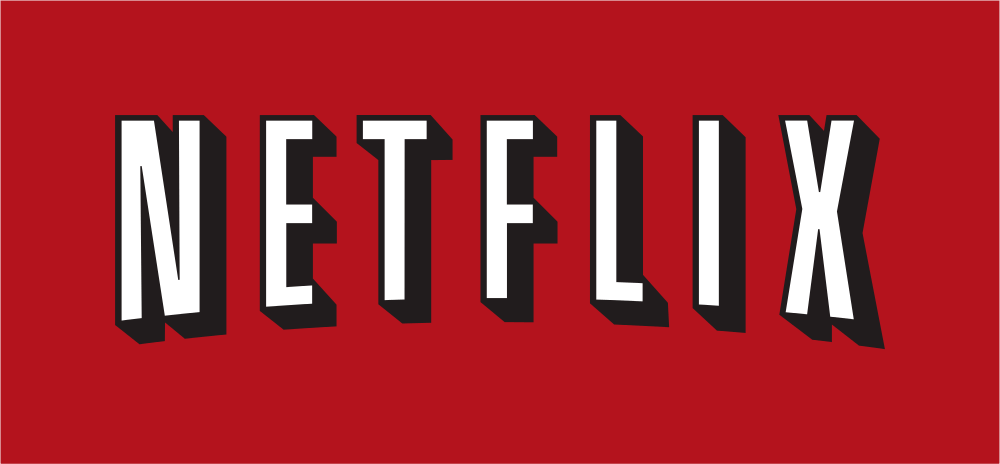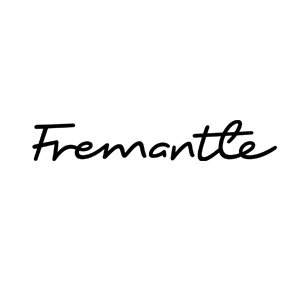NETFLIX FLICKS

The shear amount of content that is widely available to a vast amount of people means that streaming VOD companies need to adapt and progress their content in order to remain at the top of the pile – providers such as Netflix and Amazon Video have gradually turned their gaze towards original feature films.
How can newly commissioned feature length films impact the content conflict? They will obviously cost more to produce than a single series of a television show, but it’s how much exposure they continue to receive after the initial honey-moon release period which is the question. Series’ can be watched over and over again, drawing bigger viewership due to their length. Netflix’s move into films needs to ensure that the content remains uniquely ‘Netflix’, as they have done with binging shows over a short amount of time.
Operation: Finale is one of these originally commissioned films by Netflix that has all the production value, cast and historic significance, but ultimately has something missing for a lot of reviewers. Charles Bramesco from The Guardian states that it ‘it isn’t the best version the Eichmann story that could have been made. But it’s also impossible not to sort of enjoy watching it anyway.’ The film almost feels like it’s purely Netflix flexing it’s productive muscles, showcasing how much money they can pump into a single film and the calibre of performers they can attract.
The Eichmann story is a narrative that will definitely be re-visited in the long-run, but Netflix have revisited a horrific subject whilst it’s still fresh in the minds of many. There have already been a couple of reproductions of the terrifying events that occurred in Norway, and Netflix commissioned their own film to portray the events. Neil Smith from the BBC states that they’re all ‘made with sensitivity and respect. Inevitably, though, they raise questions as to whether events of this nature can and should be recreated on screen.’ The fact that Netflix is a paid service almost gives Netflix a bit more license to make a controversial film like 22 July, as people are paying money to see hard-hitting content that they can’t get on terrestrial television, but it does still contribute to the argument whether a film should be made about such horrifying events.
Outlaw King (which is released on Netflix today!) is also a film that has a huge budget and production value, causing many to suggest that it would be more suited to the big screen instead of the small screen – that’s exactly what Netflix plan to do. A theatrical release is necessary, per Academy regulations, for a film that wants to be entered at the Academy Awards. Tasha Robinson from The Verge states how “the streaming service is inevitably still going to be caught up in the conflict between how to best serve its paying audience and what’s best for its profile and recognition as a legitimate film studio.” The fact that Netflix’s commissioning slate is attracting such pivotal filmmakers and having the capacity to enter films into such prestigious awards is one of the most appealing factors of the service, and it needs to ensure it continues to do so.
The conundrum for Netflix is whether it would want to make the transition into a legitimate production studio or not. Their processes are a lot different to those of a traditional studio; the quick turnaround on shoots and the marketing that surrounds releases are certainly unconventional. This possibly could act in their favour should they focus all their energy and resources on production and rejuvenating the production processes for all – would this impact their ability to provide quick and exclusive content on demand? The unique selling point that’s made it such a powerhouse today.







